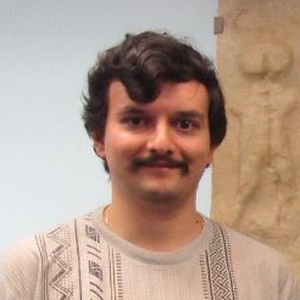
His main works are:
- Loginov A., Shelestin V. Court and punishment in the Mycenaean Greece and in the Hittite kingdom. Moscow: Academia, 2019 (in Russian).
- Shelestin V. The Foreign Policy of the Late Old Hittite Kingdom: the Case of Ammuna // Proceedings of the Eighth International Congress of Hittitology. Warsaw: Agade, 2014. P. 800–826.
- Shelestin V. The geography of Ammuna’s campaigns // Vestnik drevnej istorii – Journal of Ancient History. 2015, No. 4, P. 120–136 (in Russian).
- Shelestin V. Two Hittite systems of directions // Indo-European Linguistics and Classical Philology. 2016, Vol. 20 (2), P. 1067–1072 (in Russian).
- Shelestin V. On the origin of Küçükçekmece iron figurines // Anatolia antiqua. 2019. Vol. 27. P. 51–55.
His contribution to the project on Ancient Near Eastern Calendars at the St. Petersburg State University aims to understand the basic principles of Hittite calendar and temporal perception. This investigation is examining the features of a Hittite perception of time mostly from the textual point of view based on the festival texts and historical narrations in order to expose the underlying principles of Hittite temporal outlook. Such principles should help us to solve many problems concerning Hittite chronology.

 English (United Kingdom)
English (United Kingdom)  Russian (Russia)
Russian (Russia)